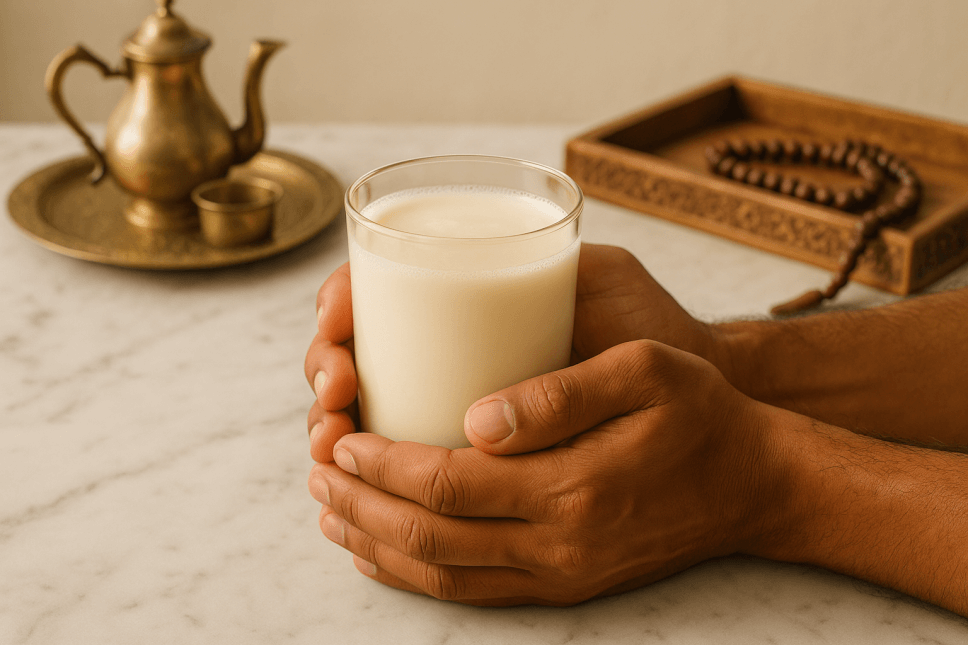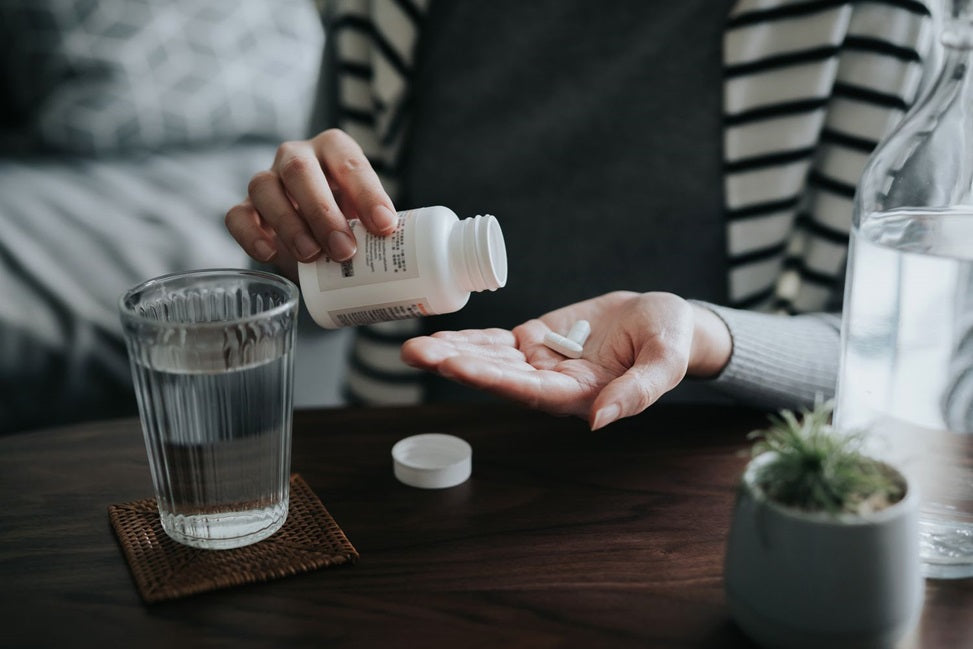
Mood Swings and Hormones: A Deeper Look
Introduction: When Emotions Take a Roller Coaster Ride
Have you ever felt on top of the world one moment and irritable or weepy the next? You're not alone. For many women — especially those dealing with PCOS symptoms, bloating, and constant fatigue — mood swings aren’t just emotional fluctuations; they’re signals of deeper hormonal imbalance.
This blog will give you a clearer understanding of why your mood might feel like it’s out of your control and what you can do about it — naturally, effectively, and long-term.
What Causes Mood Swings in Women?
Mood swings are sudden or intense changes in emotional state. While occasional shifts are normal, frequent irritability, unexplained sadness, or anger could be signs of an underlying issue — most commonly, hormonal imbalance.
Key Hormones That Affect Mood
-
Estrogen – Helps regulate serotonin (the “feel-good” brain chemical)
-
Progesterone – Has calming, anti-anxiety effects
-
Testosterone – Affects energy and motivation
-
Cortisol – Linked to stress and anxiety
-
Insulin – Imbalances cause blood sugar crashes, impacting mood
📌 Learn more about this connection in Sestol by SOIS Life Sciences.
PCOS and Mood Swings: What’s the Real Link?
Polycystic Ovary Syndrome (PCOS) isn’t just about acne and irregular periods — it’s a full-body disorder that wreaks havoc on mental well-being. Women with PCOS are at higher risk of experiencing:
-
Depression
-
Anxiety
-
Irritability
-
Emotional outbursts
Why?
-
Elevated androgens can increase aggression and irritability.
-
Insulin resistance causes fatigue and mental fog.
-
Lack of ovulation results in low progesterone, a key calming hormone.
Real-life example:
Ayesha, 27, dealt with nightly bloating and constant fatigue. Once she added Sestol PCOS Supplement and a low-GI diet, her mood improved within weeks.
Hormonal Imbalance Symptoms You Shouldn't Ignore
Some signs may seem minor, but when they pile up, they can deeply affect your daily life. Watch out for:
-
Unpredictable mood swings
-
Irritable mornings or “bloating nights”
-
Sudden crying spells
-
Constant tiredness despite rest
-
Increased stomach pain during periods
These symptoms often overlap with PCOS, perimenopause, or thyroid dysfunction.
📚 Dive deeper into Importance of Folic Acid — it plays a vital role in emotional regulation.
The PCOS Diet and Emotional Stability
What you eat directly impacts your mood. The wrong foods can spike insulin and cortisol levels, creating a hormonal domino effect.
PCOS Diet Tips for Mood Control
-
Include:
-
Leafy greens (rich in magnesium)
-
Berries (low sugar, high antioxidants)
-
Avocados & walnuts (healthy fats for hormone production)
-
Cinnamon (blood sugar regulator)
-
-
Avoid:
-
Refined sugars
-
White bread and pasta
-
Processed snacks
-
📌 Support your nutritional efforts with a bundle like the Sestol Ultimate Wellness Bundle for comprehensive mood and hormone support.
Natural Remedies to Regulate Hormones and Improve Mood
Balancing hormones doesn’t always require medication. Natural ingredients can support mood and hormone balance effectively.
Proven Ingredients in PCOS Treatment:
-
Myo-Inositol – Improves insulin sensitivity and emotional stability
-
Folic Acid – Essential for neurotransmitter function
-
Magnesium & Zinc – Reduce irritability and PMS
-
Ashwagandha – Supports adrenal health and reduces cortisol
Explore the full range in the Hormonal Harmony Bundle.
Also read: Myo-Inositol Benefits for PCOS & Fertility
Lifestyle Changes That Help Stabilize Mood
Your routine plays a powerful role in mood regulation. Here are simple but effective daily shifts:
-
Sleep: Get 7–9 hours of quality rest.
-
Movement: Do light cardio or yoga daily — both lower cortisol.
-
Sunlight: 20 minutes of daily sunshine boosts Vitamin D and serotonin.
-
Hydration: Dehydration can cause irritability. Drink 2–3 liters of water/day.
🔄 Consistency matters. Support your new habits with a product like Sestol Wellness Tro, which covers both hormonal balance and gut health.
Emotional Support: You Don’t Have to Do It Alone
Mood swings can make you feel isolated — especially when others dismiss your experience as "just hormonal." Building a strong support system is crucial.
What Helps:
-
Join a PCOS community or local women’s wellness group
-
Speak with a therapist experienced in hormonal-related emotional challenges
-
Track your symptoms with a journal or app
✨ Remember: You are not weak or "too emotional." You’re likely imbalanced hormonally, not mentally broken.
FAQs: What Women Want to Know
Q: Are mood swings common with PCOS?
A: Yes, mood swings are a common symptom of PCOS due to fluctuating hormones, especially low progesterone and high androgens.
Q: What hormone causes irritability in females?
A: Low progesterone and high cortisol levels are most commonly linked to irritability and anxiety in women.
Q: Can supplements help control mood swings?
A: Absolutely. Supplements like myo-inositol, folic acid, and adaptogens (all found in Sestol) are clinically proven to help.
Q: How long does it take to balance hormones naturally?
A: With consistent diet, sleep, and supplement use, many women see improvements in 8–12 weeks.
Conclusion: Your Mood Is a Message, Not a Mystery
Mood swings are often your body's way of signaling a deeper hormonal issue. Instead of fighting your emotions, start listening to them — and support your body with balanced nutrition, healthy habits, and hormone-targeted care.
🛒 Ready to regain control of your emotions and body? Start with Sestol PCOS Supplement or explore the Hormonal Harmony Bundle for complete support.




















